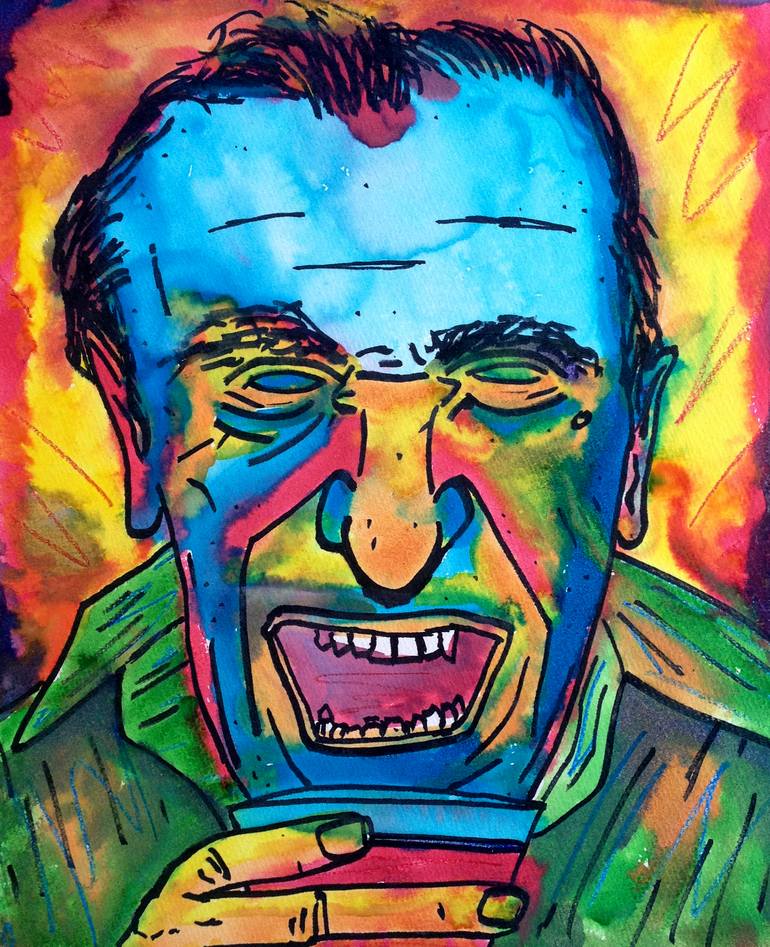Bukowski
Bukowski
wrote
“what
matters most is
how
well you
walk
through the
fire.”
he
believed that –
that’s
why he didn’t kill himself
he was
not a hypocrite –
an
exaggerator
or
actor,
yes,
but not
a hypocrite
he
believed that
and it
hurts me
it
hurts me
because
I do not do well with fire
I am a
coward –
just
like Bukowski
he
hated cowards
so he
hated himself
and
he’d hate me
Bukowski
didn’t walk well
through
the fire
he
wasn’t talking about himself
when he
wrote that line
he was
talking about
the
people he idolized
my idol
wouldn’t
idolize
me

Charles Bukowski -- Johnny Meyer
How Is Your Heart?
ReplyDeleteduring my worst times
on the park benches
in the jails
or living with
whores
I always had this certain
contentment -
I wouldn't call it
happiness -
it was more of an inner
balance
that settled for
whatever was occurring
and it helped in the
factories
and when relationships
went wrong
with the
girls.
it helped
through the
wars and the
hangovers
the backalley fights
the
hospitals.
to awaken in a cheap room
in a strange city and
pull up the shade -
this was the craziest kind of
contentment
and to walk across the floor
to an old dresser with a
cracked mirror -
see myself, ugly,
grinning at it all.
what matters most is
how well you
walk through the
fire.
Charles Bukowski began writing "Pulp" in 1991 but it was only 3/4 done when he fell ill. He published it in 1994, shortly before his death of leukemia on 9 March at 73. He dedicated it to "bad writing." The novel contained some of his most violent, cynical, sarcastic, and shocking material. Lady Death, a beautiful and mysterious woman, hires private detective Nicky Belane to locate Louis-Ferdinand Céline, who has thus far avoided her. Céline, the author of "Voyage au bout de la nuit" (Journey to the End of the Night), which, like much of Bukowski's work, used the rhythms and vocabulary of the working class to express notions of failure, anxiety, nihilism, and inertia. Belane also bcomes "enveloped" by the elusive Red Sparrow. George Stade viewed the novel as "a farewell to readers, as a gesture of rapprochement with death, as Bukowski's sendup and send-off of himself." He identified the Red Sparrow as a spoof of the Black Sparrow Press which published his work; Belane's envelopment would thus be akin to the way a dead writer becomes absorbed by his own words. (Some, like Céline, continue to live after their own deaths.)